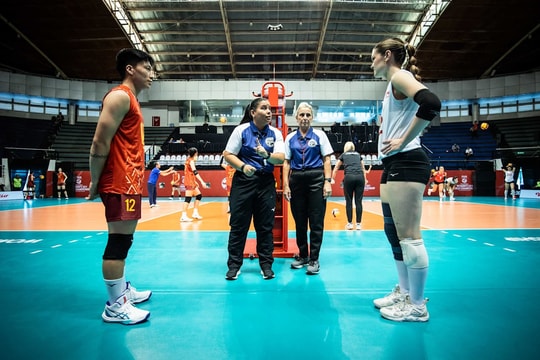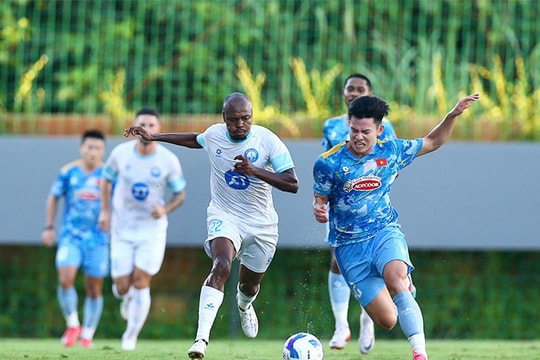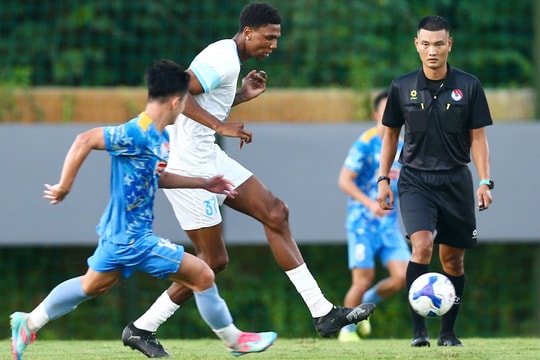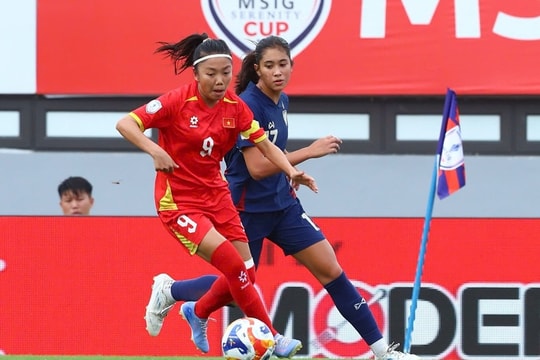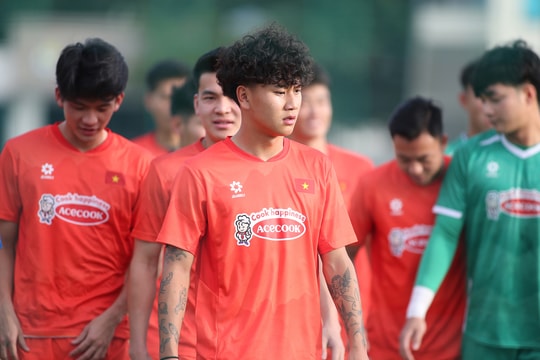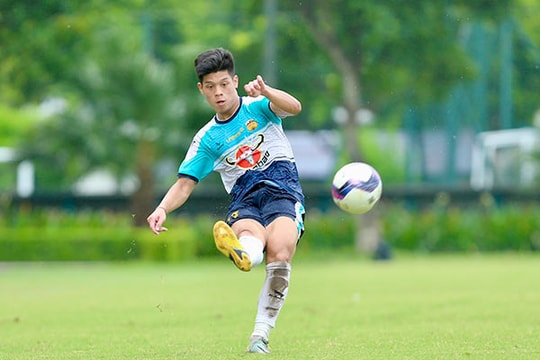World Cup in Russia risks political over poisoning of former spy
British MPs have called on the country's football team to boycott the World Cup in Russia but analysts warn the move could backfire.
|
The symbol of the 2018 World Cup Russia at Manezhnaya Square in Moscow. Photo:Sputnik. |
Russia said earlier this week that the West's main goal was to prevent Russia from hosting the 2018 World Cup, amid tensions between the two countries over the poisoning of former spy Sergei Skripal and his daughter in the UK. Skripal was accused of treason by Russia for selling secrets to the UK and later moved to the UK as part of a spy swap.
Britain, which blames Russia for the poisoning, has expelled a number of Russian diplomats and urged its allies to do the same. Moscow has denied the allegations and has carried out similar expulsions in retaliation against the West.
Russia will host the World Cup for the first time from June 14 to July 15. The poisoning has cast a shadow over the tournament, with Britain announcing that its royal family and ministers will not attend. Prince William is chairman of the Football Association, which oversees the national team. British Prime Minister Theresa May said the decision was to stress to Russia that relations between the two countries cannot be the same as before.
Nikita Simonyan, vice president of the Russian Football Union, urged Britain to keep football out of politics and said that if the British royal family and ministers changed their minds, Russia would be ready to welcome them, according toNYTimes.
British Foreign Secretary Boris Johnson made a statement in March comparing Russian President Vladimir Putin to Nazi leader Adolf Hitler in organizing sporting events.Hitler became leader of Germany in 1933 and used Berlin's hosting of the 1936 Summer Olympics to promote the Nazi regime.
"I think it's fair to compare the 2018 World Cup to the 1936 Olympics. It's sickening to think of Putin promoting this sporting event," Johnson said. Russia was furious at the remarks, calling them "absolutely disgusting, offensive and unacceptable."
British MP Stephen Kinnock has proposed that Russia postpone the World Cup or move it to another country. He and other lawmakers have also called for England to unilaterally withdraw from the World Cup.
Australia has also hinted at a tough response to the World Cup in Russia. After expelling two Russian diplomats accused of spying, the Australian Foreign Minister said they could take further measures, such as boycotting the tournament.
In fact, political boycotts of sporting events are nothing new. In 1980, in protest of Russia's military intervention in Afghanistan, the United States led a boycott that saw only 80 of the 147 countries compete at the Moscow Olympics.
Britain also supported the boycott, but some of its athletes went to Russia to compete as independents. Four years later, the Soviet Union and its allies boycotted the Los Angeles Olympics, citing security concerns, although many saw this as retaliation.
Simon Chadwick, a professor at the University of Salford in the UK, said that if Britain or any other country decided to boycott the World Cup, this move would only be symbolic and could not change Russia's foreign policy.Not only that, Putin is very likely to see such actions as an opportunity to strengthen his domestic position, as anti-Western sentiment in Russia is on the rise.
The Russian president has proven adept at using major sporting events to bolster his image. When he won the right to host the Winter Olympics in Sochi in 2014, he highlighted it as “international recognition of Russia”.
The Olympic Opening Ceremony was an epic performance, recreating the images of many great figures in Russian history, such as the great writer Leo Tolstoy and the composer Tchaikovsky. The message of the return of a powerful and ambitious Russia was clearly conveyed through this event.
Besides,Telegraphbelieves England could be disqualified from the 2020 World Cup if they boycott this summer's tournament. FIFA rules state that "all member associations must ensure that they participate in all matches until they are eliminated" and FIFA can punish countries that withdraw voluntarily from subsequent tournaments.
Chadwick said that if Britain wanted a boycott to be effective, it would have to get more countries involved to lead a unified effort. However, that would be difficult because the country's influence in the EU has declined since it decided to leave the union. The United States, a close ally of Britain, is not taking part in this year's World Cup finals, having been eliminated in October.
Despite pressure from lawmakers, British Foreign Secretary Boris Johnson said on March 27 that Britain has no plans to boycott the World Cup. "It would be like punishing British fans," Johnson said.
Svetlana Zhurova, deputy head of the Russian parliament's International Affairs Committee, said the absence of British officials and royals at the World Cup did not have much impact on the spirit of spectators. "Fans do not really care about the presence or absence of officials in the stands"./.


